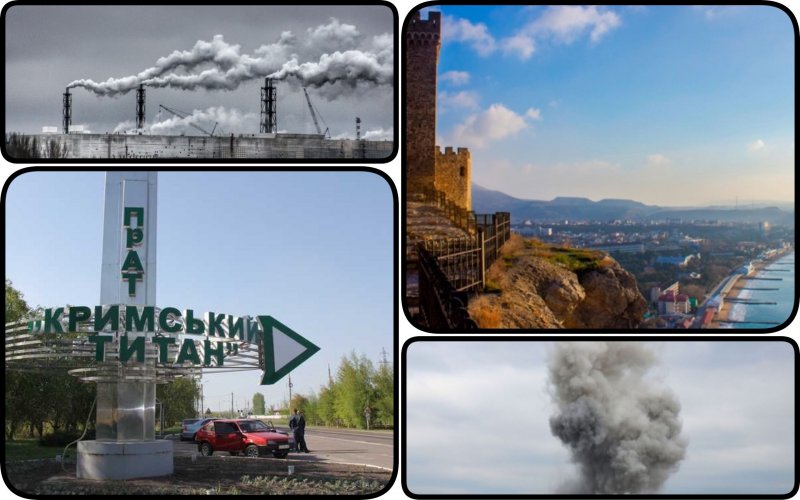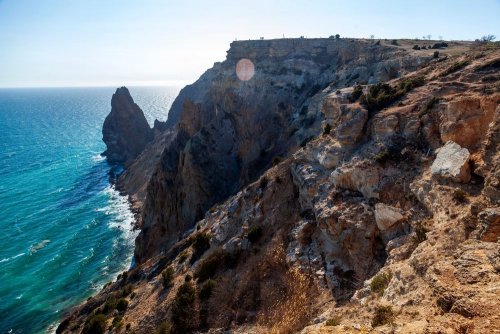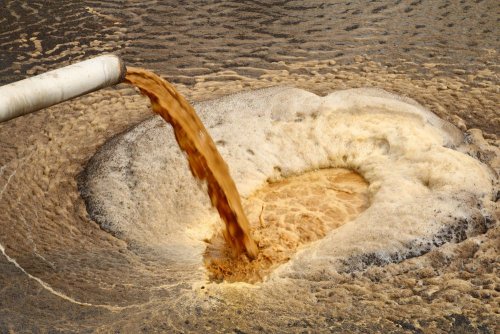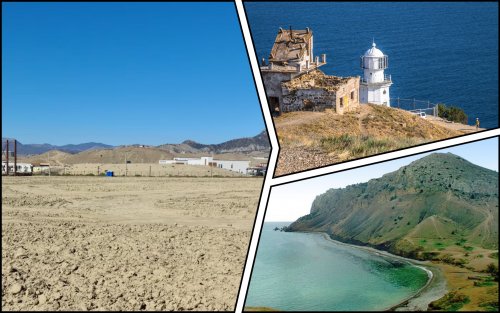In the occupied Crimea in Armyansk, the Russians brought explosives to the territory of the Crimean Titan plant and mine it, preparing another provocation.
The explosion could lead to the release of thousands of tons of toxic substances into the air, from which the inhabitants of Ukraine, Turkey and Russia itself would suffer, said Alexander Prokudin, head of the Kherson regional military administration, reports Zerkalo Nedeli.
It is noted that the Crimean Titanium plant produces titanium dioxide. The fact that the Russians were mining his territory was stated by partisans from the Atesh movement.
"A probable explosion will entail the release of thousands of tons of toxic substances into the atmosphere and will lead to mortal danger to people and the environment. Residents of the Autonomous Republic of Crimea and at least seven other regions of Ukraine, as well as Turkey and the aggressor country itself, will suffer," Prokudin said.
He stressed that the Ukrainian forces, to the best of their ability, constantly monitor the situation and are ready to respond promptly to all threats.
The material said that in August 2018, an accident had already occurred at the Titan plant due to which a toxic substance was released. Then the occupying authorities of the Crimea called the cause of the emissions the evaporation of the contents of the acid accumulator due to the heat and lack of water. However, Ukrainian intelligence said that the accident occurred due to a live projectile falling into the sump during military exercises. Before the liquidation of the consequences of the accident, children were taken out of Armyansk. The adjacent Kherson region also suffered from emissions, 37 border guards who were on duty at the Kalanchak checkpoint were poisoned.
Recall that on May 22, the last high-voltage power line was damaged at the Zaporizhzhya NPP due to Russian shelling, which fed the temporary occupied plant's own needs. Power engineers managed to resume power around 13:00. However, this is already the seventh blackout at the ZNPP since the beginning of the occupation.
As EcoPolitic reported earlier, expert of the Crimean Tatar Resource Center Evgeny Khlobistov said at the COP27 Climate Summit that the issue of de-occupation of Crimea is closely related to the solution of environmental problems, in particular, overcoming the damage caused to natural resources and the environment.





